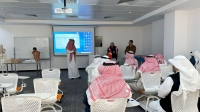
The Healthy Schools Program was launched by the Ministry of Health in the Kingdom of Saudi Arabia in 2019 to improve student health in schools in collaboration with the Ministry of Education . It follows the standards set by the World Health Organization (WHO), implementing measures that enhance both health and the educational process while applying specialized school health education programs. Objectives of the Healthy Schools Program The Healthy Schools Program aligns with Saudi Vision 2030 i...
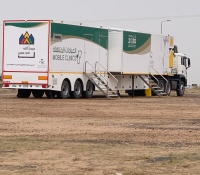
Yes, there are mobile clinics in the Kingdom of Saudi Arabia, offering therapeutic, healthcare, and preventive services. These clinics aim to provide care to patients in areas where certain health services are unavailable, such as remote and isolated villages or any location deemed by the Ministry of Health to require a mobile clinic. Mobile clinics deliver primary healthcare services, including chronic disease monitoring, diagnosing illnesses, dental care, monitoring well-child health, and vac...
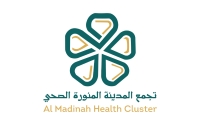
Al-Madinah al-Munawwarah International Obstetrics and Gynecology Conference is a health education event organized by the Madinah Health Cluster (MHC) in 2022. Its activities took place at Prince Muqrin Bin Abdulaziz University in al-Madinah al-Munawwarah , Kingdom of Saudi Arabia. The conference aimed to discuss and promote women's health during pregnancy and postpartum, enhance clinical and surgical skills, and foster development through the participation of experts and specialists from t...
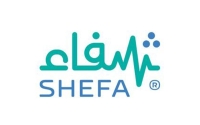
It is a Saudi electronic platform that facilitates the access of donors and benefactors to medical cases. It targets patients who are unable to cover their treatment financial costs in health facilities in the Kingdom of Saudi Arabia. Shefa platform is affiliated with the Health Endowment Fund. It was established in cooperation with the Ministry of Health , Absher application , the Council of Health Insurance, and public health charities in Saudi provinces. The platform seeks to facilitate and ...
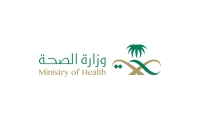
The National Initiative for the Prevention of Dental Caries is a national initiative launched by the Ministry of Health in partnership with the Ministry of Education in 2017. It targets public and private elementary school students across the Kingdom of Saudi Arabia. The initiative encompasses awareness activities, preventive applications, and therapeutic procedures in the field of dentistry. The National Initiative for the Prevention of Dental Caries aims to activate the partnership between th...
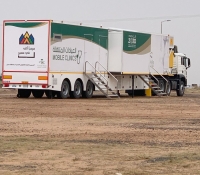
Mobile Medical Clinics in the Kingdom of Saudi Arabia are medically equipped buses designed to provide therapeutic or preventive health services to patients in areas lacking certain healthcare services, such as remote villages or locations requiring medical attention as determined by the Ministry of Health . These mobile clinics are equipped with essential medical facilities, including a laboratory, radiology department, and pharmacy, and are staffed by a comprehensive medical team to deliver...
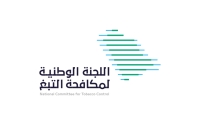
The National Committee for Tobacco Control in the Kingdom of Saudi Arabia has launched a range of initiatives to realize its policies, which include monitoring tobacco use, enforcing advertising bans on tobacco products, protecting the public from tobacco smoke, offering cessation support, warning of tobacco dangers, and increasing tobacco prices. Key initiatives launched by the committee include 'GATS' with the Ministry of Health , 'Studies' with the Ministry of Education ,...
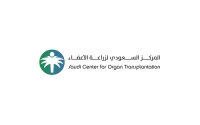
The Saudi Center for Organ Transplantation is a Saudi government center dedicated to providing medical and social care for organ donation and transplantation in the Kingdom of Saudi Arabia. It enjoys a legal personality and financial and administrative independence, and is structurally linked to the Saudi Health Council . Its headquarters is located in the capital, Riyadh . Saudi Center for Organ Transplantation establishment The Saudi Center for Organ Transplantation's inception dates bac...
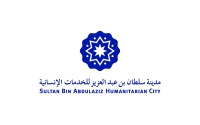
Sultan Bin Abdulaziz Humanitarian City is a medical center and rehabilitation city, one of the projects of the Sultan Bin Abdulaziz Al Saud Foundation. It was inaugurated in 2002 and provides rehabilitation services through advanced human and technical competencies and specialized programs designed to restore patients to their natural state, foster self-reliance, and enable societal integration. The city is one of the largest projects of the Sultan Bin Abdulaziz Al Saud Foundation, covering a t...
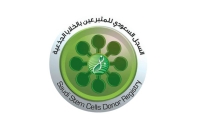
The Saudi Stem Cell Donor Registry is a medical registry aimed at creating a database of individuals willing to donate stem cells to patients with incurable illnesses in the Kingdom of Saudi Arabia, such as blood cancers and genetic diseases, facilitating finding donors. Established in 2011 under the King Abdullah International Medical Research Center within the Ministry of National Guard - Health Affairs . Saudi Stem Cell Donor Registry activity The Saudi Stem Cell Donor Registry has participa...
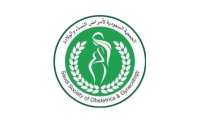
The Saudi Obstetrical and Gynaecological Society is a Saudi society specializing in obstetrics and gynecology. It organizes scientific, academic, training, and consultancy programs for professionals and those interested in the field of obstetrics and gynecology in the Kingdom of Saudi Arabia. The society contributes to the development and enhancement of scientific, professional, and research performance in the field. The society began its activities in 1990. Establishment The Saudi Obstetrical ...
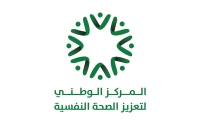
Yes, the Kingdom of Saudi Arabia allocates a budget for mental healthcare, estimated to be around 4 percent of the total budget of the Ministry of Health . The laws of the Kingdom guarantee healthcare in the Basic Law of Governance for all citizens in cases of emergency, illness, disability, and old age. To ensure healthcare for its citizens, the Kingdom adopted the organization and enhancement of the provision of necessary mental health care for patients with mental illness. It also focuses on...